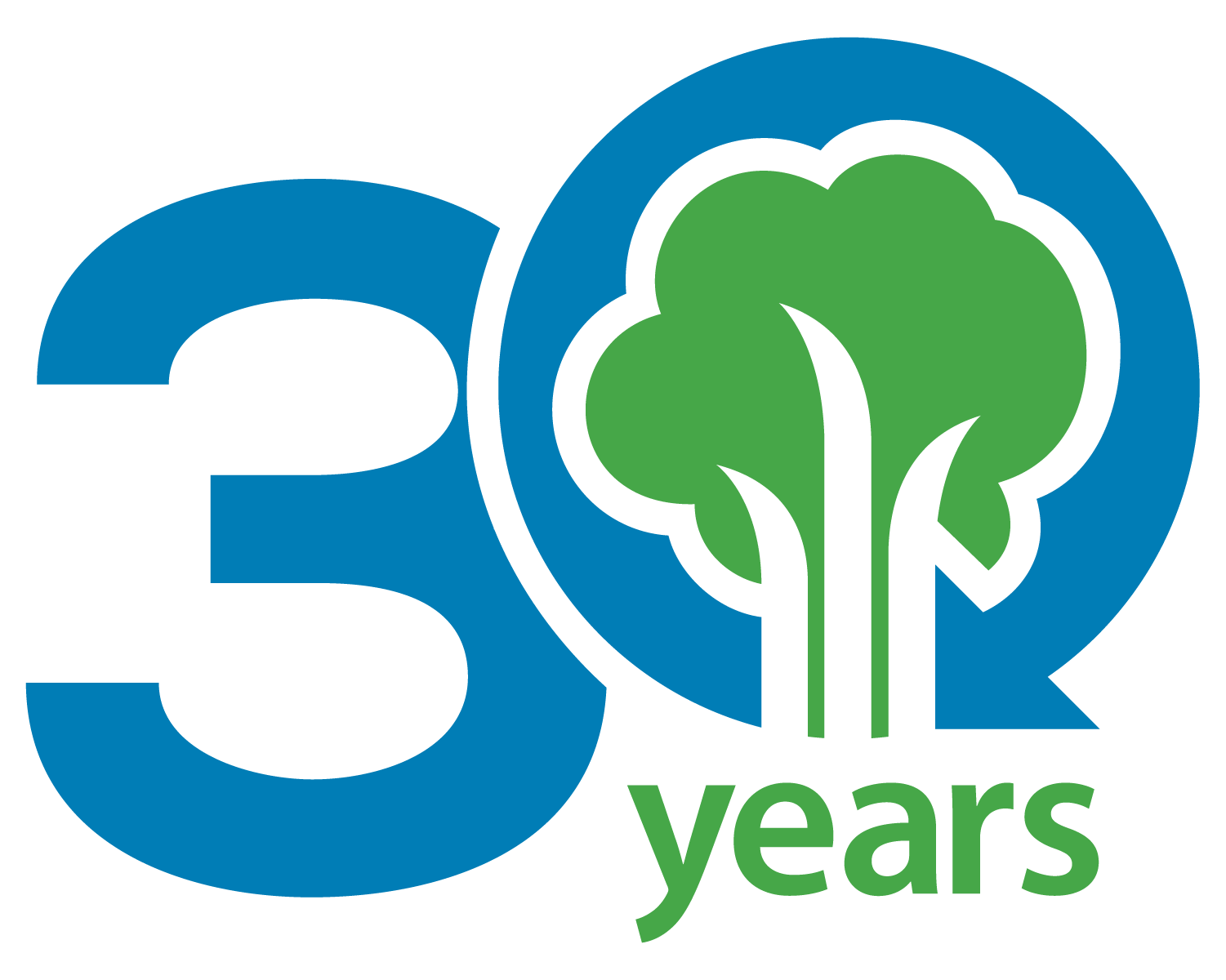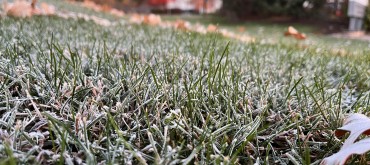During periods of excessive rainfall, especially following winter dormancy, we tend to get discouraged or worried about our lawn’s rate of growth and begin to question, is all of this excess rainfall good or bad for my lawn? The good news is, that the lawn is good for all this rain as the turfgrass actually serves as a filter for rainfall, reducing run-off and recharging groundwater that we all use, as well as preventing excessive water from flooding. Turfgrass is doing something very powerful and positive, that most other plants cannot do at the same rate.
What has been causing a problem with all of this rain for your lawn is actually the lack of sunshine, combined with the current low temperatures, which is the primary reason a lot of our customer’s lawns have been slow to come out of winter dormancy. As soon as the weather gets warmer and we see more sunlight your lawn will start growing, especially if you’ve applied a quick release granular fertilizer this spring.
Fertilizer promotes deeper roots and strong, full blades to grow. With proper maintenance, grass will look its best and withstand the stresses of weeds, heat and summer drought. It may be saturated in storm water at the moment, but its retaining water at the root level, which will enhance its ability to grow quicker once warm weather returns. If you would like our teams assistance on handling the fertilizing component of your lawn’s needs, you can visit our services page here to get started with an estimate!
And remember, once your lawn needs to be mowed, keep the height at least 2.5–3 inches long. The plant produces all of its energy from the sun by way of the blades, so if the blades are too short they will not produce enough sugars to grow rich and green (let alone fend off other plants like weeds).
Excessive rainfall will actually save you money on watering, as your lawn is already receiving at least 1” of water per week. If you have an irrigation system, ensure that your rain sensor is working or consider installing one to reduce even more watering at this time. For an estimate on installing a rain sensor, or general maintenance of your irrigation system, visit our irrigation estimate page here to get started.
If you ever have any questions about your lawn, please do not hesitate to call our office and one of our turf specialists will be happy to assist you.





